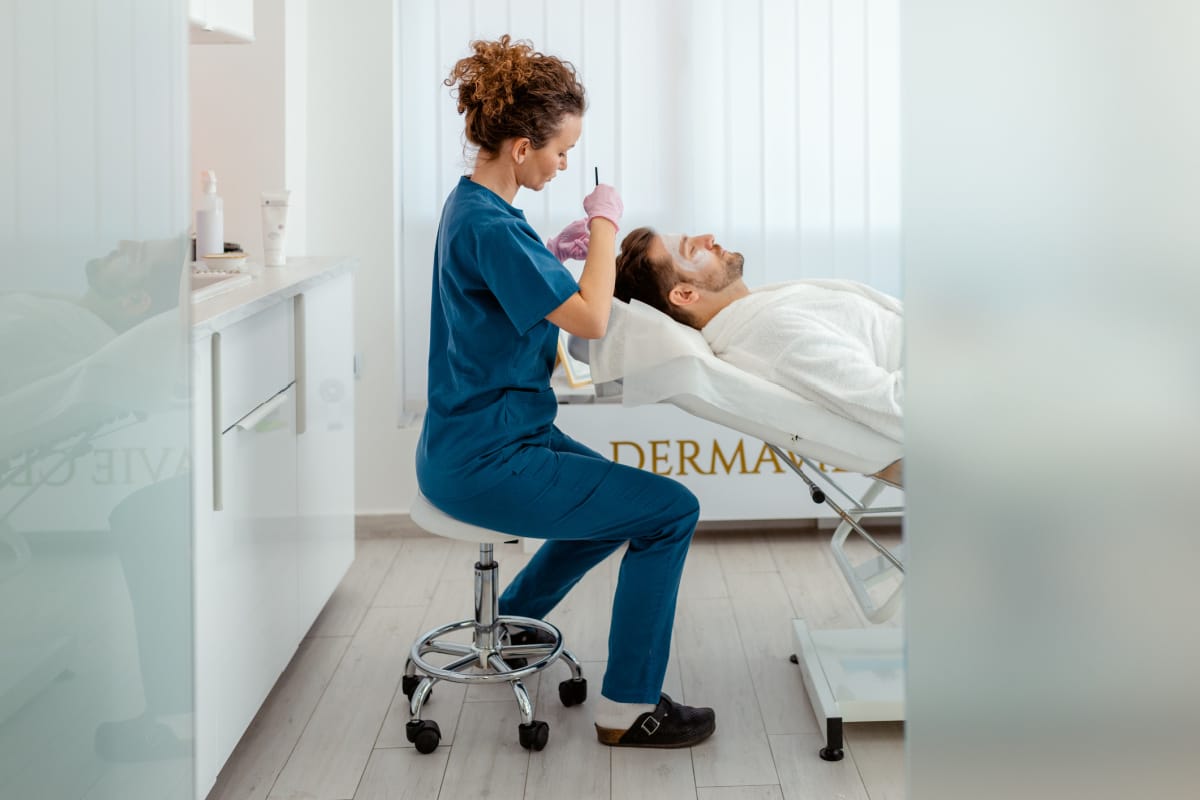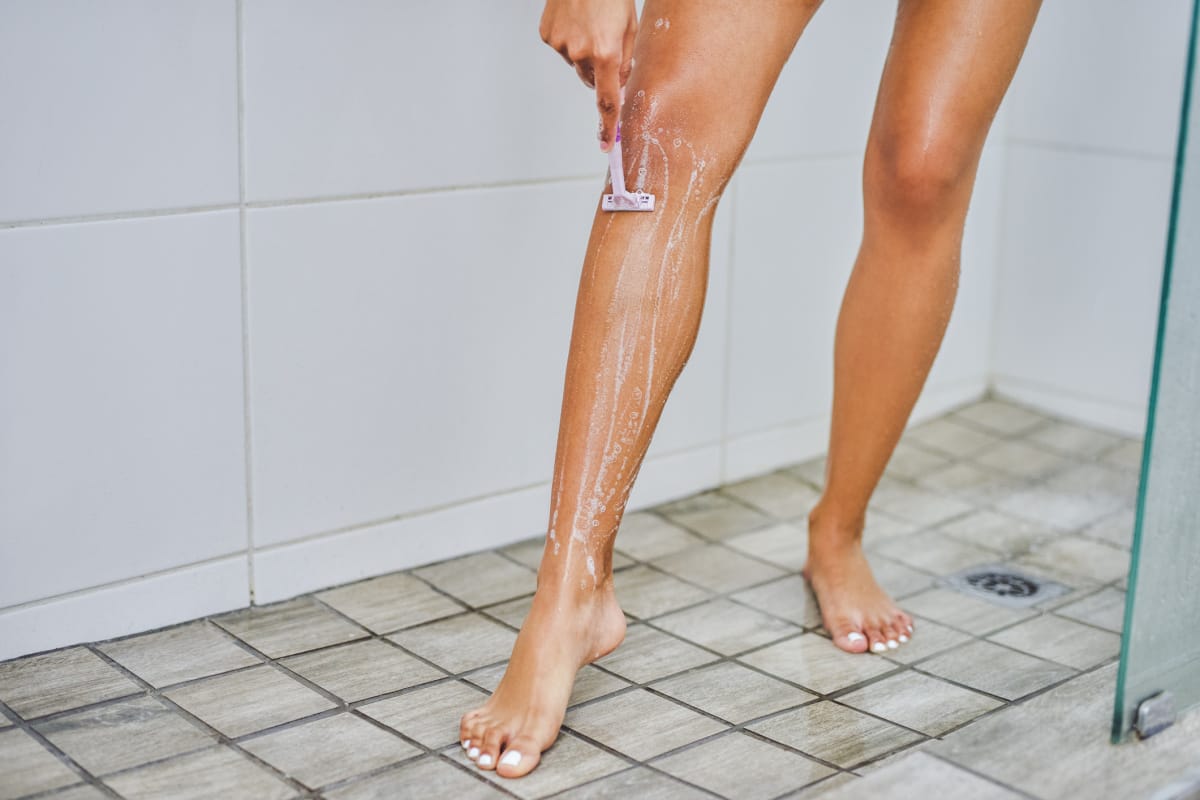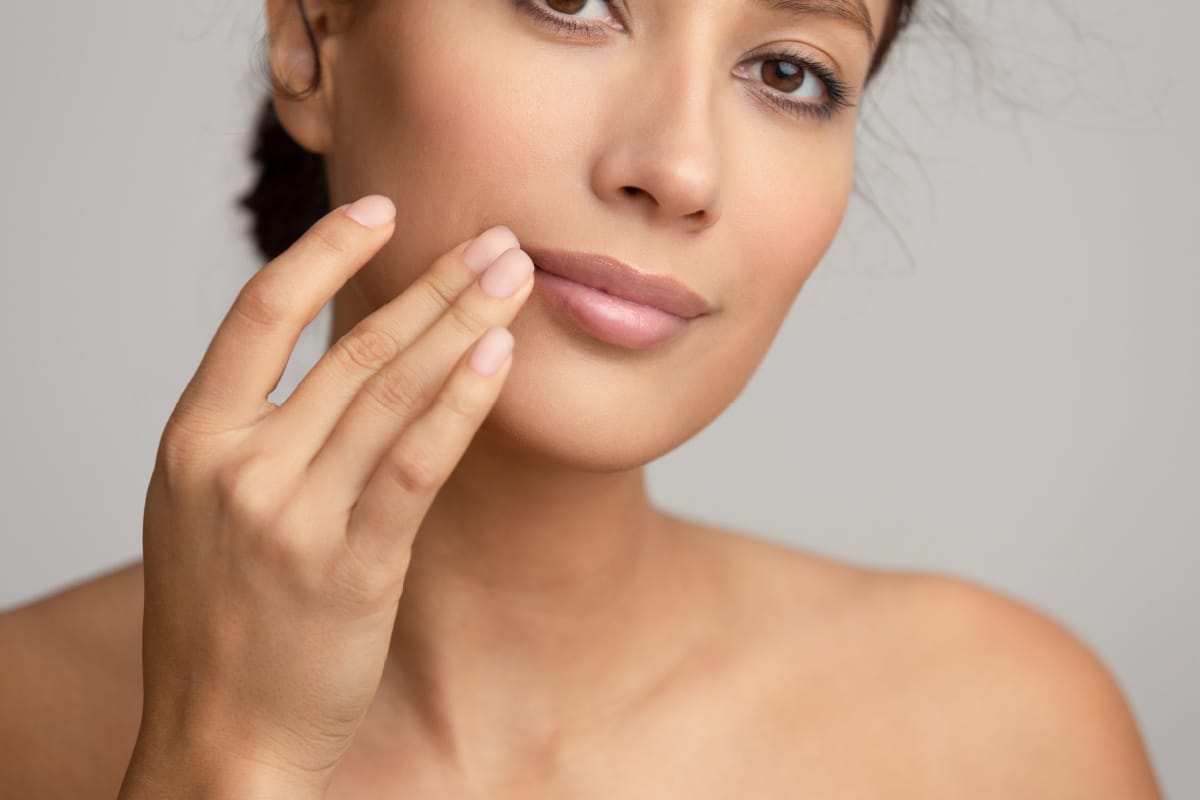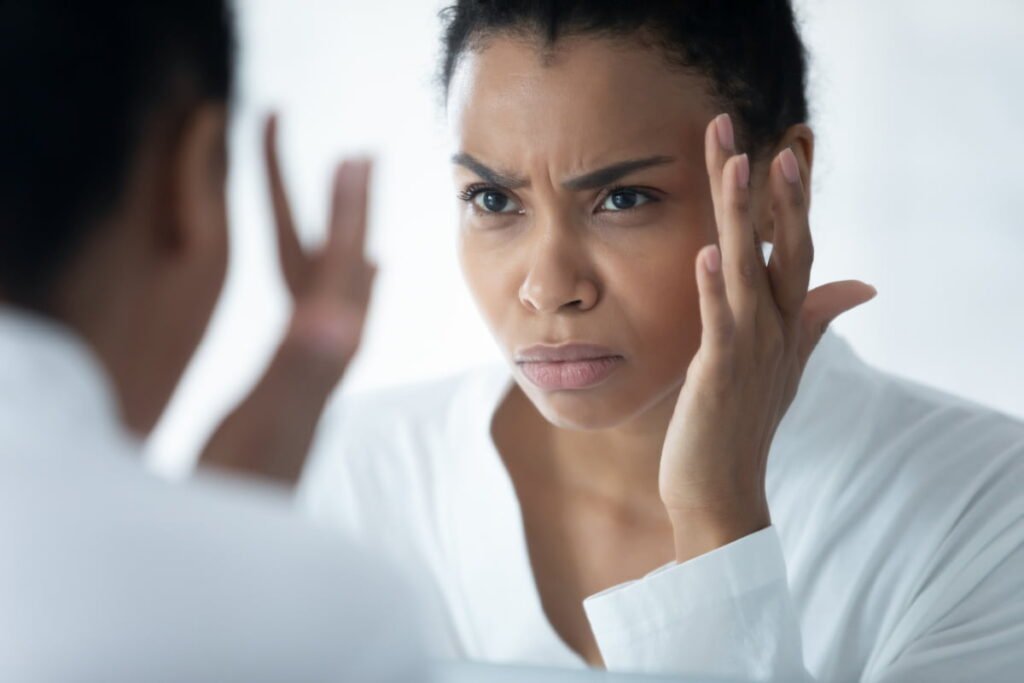
Whether you’re a first-timer or you’ve been getting BOTOX® every few months for as long as you can remember, it’s always a good idea to refresh yourself on what you should and shouldn’t do around the time of your treatment. While it’s difficult to truly stop your Botox from doing its job, making common mistakes (like going out for a drink right afterwards) can prompt unnecessary side effects, like swelling and bruising. To help you maximize your results, we’re covering all the do’s and don’t before Botox, as well as some aftercare need-to-knows.
What should you do—and not do—before Botox?
About 1 week before Botox, talk to your injector about any history of cold sores. Injectables can trigger a breakout, so we may prescribe a preventative antiviral medication if needed.
In the days leading up to treatment, you’ll also need to avoid anything that can interfere with your results or worsen side effects:
- For 3-5 days before treatment, avoid blood thinners like NSAIDs (including Advil, aspirin, and Aleve) and fish oils. Any blood thinning medication can increase the risk of bruising and swelling after your Botox treatment. If you need to take an over-the-counter pain reliever, take Tylenol instead. (Talk to your doctor if you take prescription blood thinners, which can sometimes be paused for Botox.)
- To further lower your risk of bruising, avoid alcohol for a few days before your Botox injections.
- Pause your retinol regimen for two days before Botox.
Finally, on the day of treatment, it’s a good idea to eat a healthy breakfast. You want your body to be operating at 100% before treatment to help prevent side effects. Having food in your belly can also help to prevent lightheadedness during your injections.
What should I do after Botox?
When it comes to Botox aftercare, you’ll need to stay away from some of the same things you avoided before treatment, as well as anything that can irritate your skin or affect the placement of the neuromodulator in the muscle:
- Leave your treatment area alone. Avoid any physical pressure, laying down on your face, or rubbing on the area of injection for a few days. You don’t need to avoid making any facial expressions, however; frowning, smiling, and other facial expressions can help encourage your Botox results to show up sooner!
- Don’t lie down for the first few hours after your Botox.
- Wait 24 hours to work out or exert yourself after Botox. By raising your blood pressure, exercise can both increase your risk for bruising or swelling and increase the chances of the product spreading rather than remaining in the area your injector intended.
- Avoid UV exposure and excessive heat. Sun exposure can prolong redness or swelling after Botox, so protect your skin with sunscreen and good sun protection practices. Also avoid saunas, steam rooms, hot yoga, or other activities that involve lots of heat.
- Don’t drink alcohol for 24 hours after injections as it can increase the risk of bruising.
- Continue to avoid blood thinners for 24 hours after Botox.
- Wait two days to re-introduce retinol into your skincare routine.
How do I manage swelling and bruising after Botox?
To reduce swelling and bruising after Botox, apply an ice pack in 15-20 minute intervals to the treatment area within the first 24 hours after treatment. You may also apply an arnica-based topical ointment to help reduce bruising, swelling, and soreness. And, of course, avoid alcohol and blood thinners for 24 hours!
(Tip: If you’re getting lip fillers as well, check out our lip filler aftercare guide.)
How long does it take for Botox to work?
Botox can take up to 2 weeks to fully “kick in” and stop the muscle movements that cause wrinkles, but most patients see at least some results after 1 week.
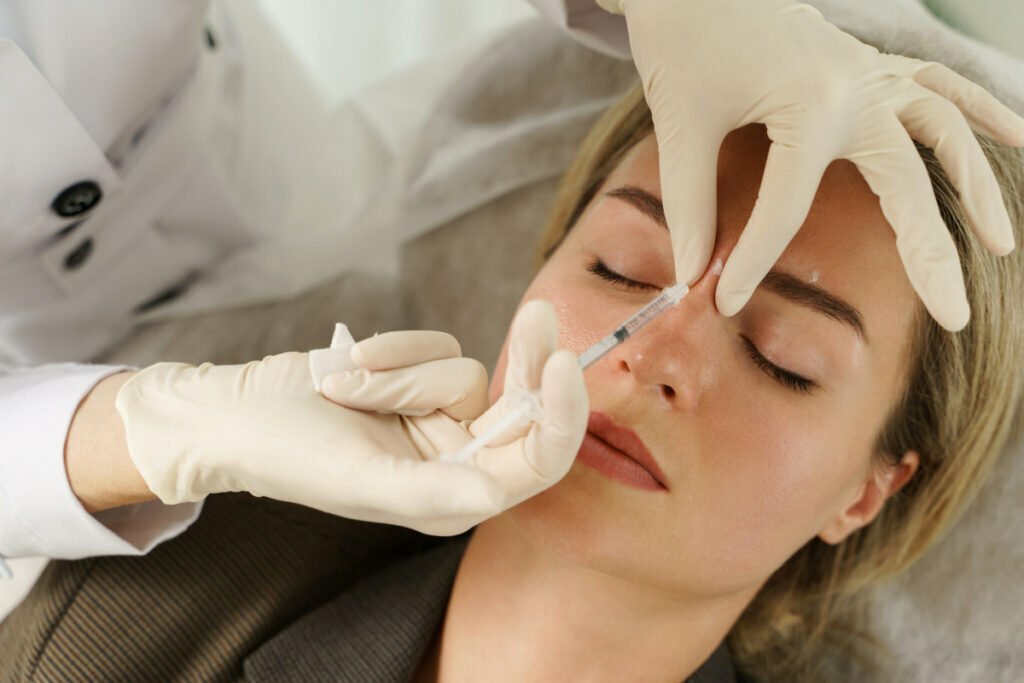
How do I know if I need a Botox touch-up?
Experienced injectors talk with you beforehand and do their best to give you a realistic sense of what you can expect from your Botox results. But if you don’t see the results you expected after 2 weeks, contact your injector to discuss a touch-up. It’s possible (especially if you are a new patient) that you needed more units of Botox than the injector estimated based on your anatomy and the strength of your facial muscles. Most injectors will be happy to help.
Schedule your Botox consultation at Mountain Radiance in Asheville, NC
Your choice of injector is the most important aspect of your Botox treatment. Not only will they educate you on best practices before and after your treatment, but their technique will be the deciding factor in how your results look and last. They can also recommend complementary procedures, such as dermal fillers, that can also be performed to better achieve your ideal results.
At Mountain Radiance, our expert physician and nurse injectors strive to create a pressure-free, friendly environment for safe cosmetic enhancements. To schedule your free consultation at our Asheville office today, call (828) 627-2711 or send us a note online to receive a call back from our receptionist.
Read More About Botox